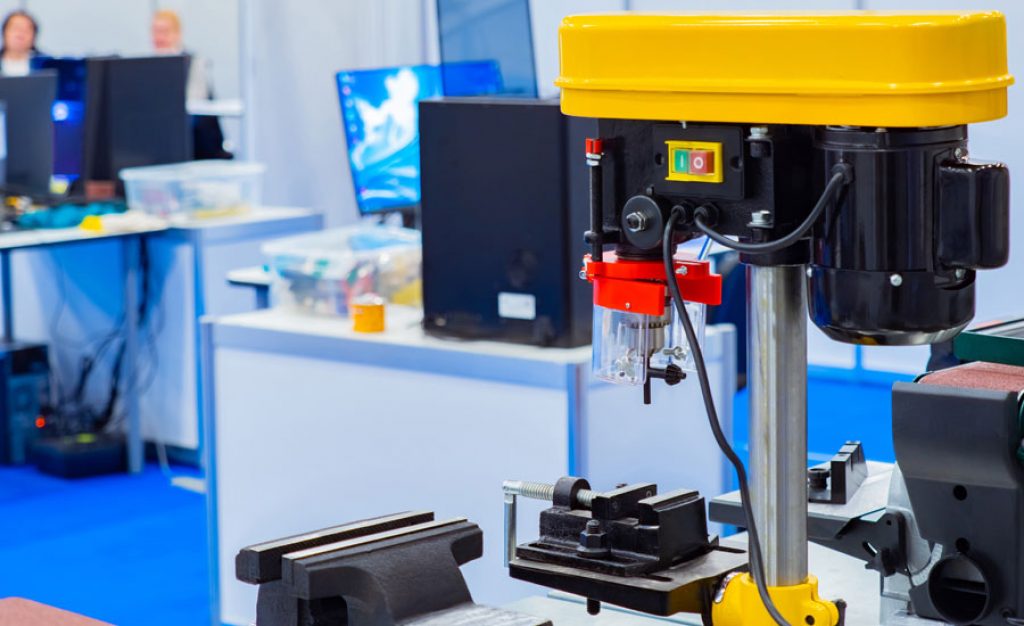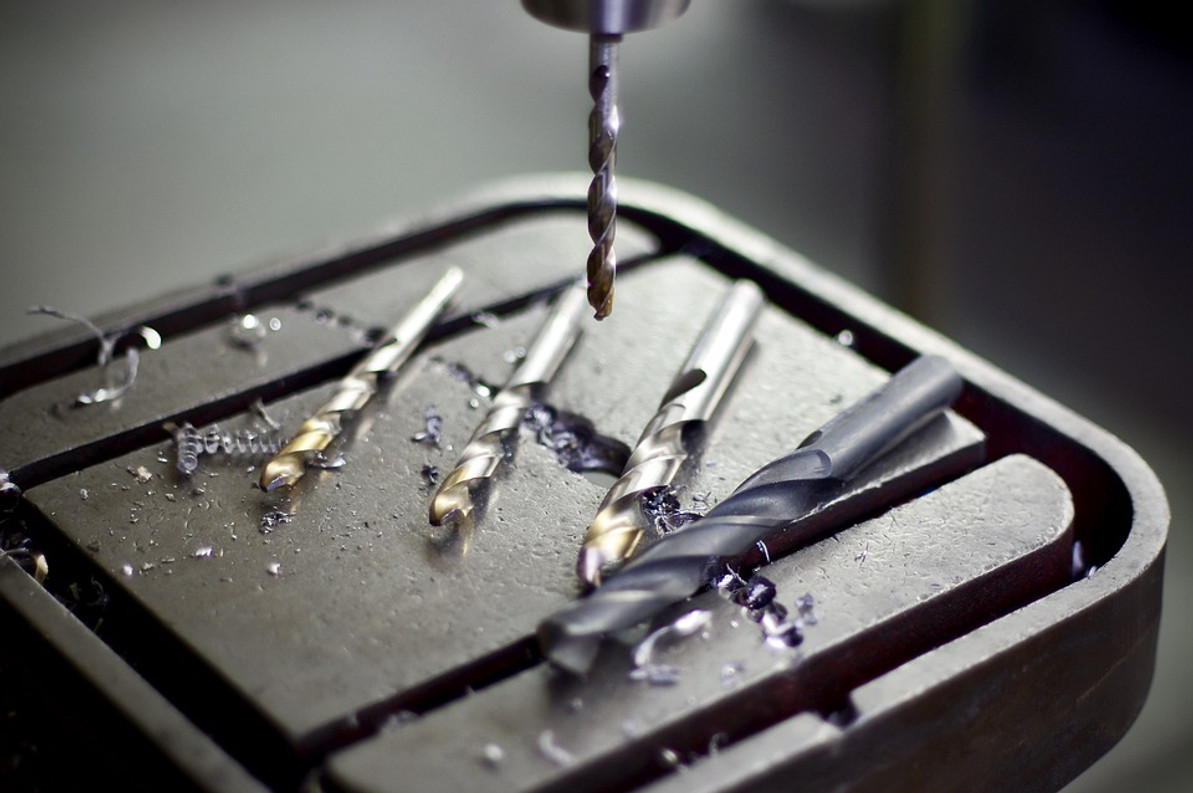As technology evolves across industries, the tools we rely on also advance, offering more precision, efficiency, and versatility. One such tool that has become indispensable in various sectors is the drill press. But what is a drill press exactly, and why is it so important? This comprehensive guide aims to walk you through everything you need to know about drill presses, especially if you’re an industry QA professional.

Introduction to Drill Presses
If you’re unfamiliar with the term, a drill press is a specialized tool designed primarily for drilling precise holes. Unlike handheld drills, which can wobble or drift, a drill press maintains vertical alignment, ensuring accuracy in drilling. This makes it a must-have for many industrial applications, including semiconductor manufacturing.
Key Components of a Drill Press
The Base
Every drill press starts with a sturdy base. The base ensures stability and supports the weight of the rest of the machine. In industrial settings, having a high-quality base is crucial for accurate operations.
The Column
This vertical structure connects the base to the head of the drill press. It’s designed to be durable and rigid, maintaining the vertical alignment necessary for precise drilling.
The Table
The table is the surface where you’ll place the material you’re drilling. It can usually be moved up, down, or tilted for various drilling angles.
The Spindle and Chuck
The spindle rotates the drill bit, while the chuck holds the bit firmly in place. Together, these components ensure that the drill bit operates effectively.
Types of Drill Presses
There are several types of drill presses tailored for various applications:
Bench Top Drill Presses
These smaller machines are perfect for home use or small workshops. They offer less power but are highly versatile for minor projects.
Floor Drill Presses
Larger and more powerful, floor drill presses are designed for industrial applications. They offer more features and can handle more demanding tasks.
Radial Drill Presses
For even greater flexibility, radial drill presses have an arm that extends out, allowing you to drill larger workpieces.
Advantages of Using a Drill Press
There are numerous benefits to using a drill press, especially in industrial settings:
Accuracy
You can drill holes with pinpoint accuracy, ensuring alignment and reducing mistakes.
Efficiency
With a drill press, you can complete jobs faster and with less manual effort.
Versatility
Modern drill presses come with various attachments and features, making them incredibly versatile.
Applications in Industry
The drill press is a vital tool in many industries:
Manufacturing
From automotive to aerospace, precision is essential. Drill presses are commonly used in high-speed genetic analysis.
Quality Assurance
QA professionals rely on the precision of drill presses to ensure products meet stringent standards.
Research and Development
In R&D settings, a drill press offers the precision needed for developing new products and technologies.
Maintaining Your Drill Press
Regular maintenance can extend the life of your drill press:
Lubrication
Ensure moving parts are well-lubricated to reduce wear and tear.
Regular Inspections
Check for any signs of damage or wear and replace parts as needed.
Cleanliness
Keep the machine clean to ensure it operates smoothly.
Safety Tips
Safety should always be a priority:
Wear Protective Gear
Always wear safety goggles and other protective gear when operating the drill press.
Secure Your Workpiece
Ensure the material you’re drilling is firmly secured to prevent accidents.
Know Your Machine
Familiarize yourself with your drill press’s manuals and safety features.
Conclusion
Understanding what a drill press is and its benefits can significantly impact the efficiency and quality of your work, especially for industry QA professionals. Whether you’re looking to improve accuracy, increase efficiency, or expand your capabilities, a drill press is a valuable addition to any workshop.

FAQs
1. What materials can a drill press handle?
A drill press can handle a variety of materials including metal, wood, plastic, and more, making it a versatile tool for multiple applications.
2. How do I choose the right drill press?
Consider your specific needs, the materials you’ll be working with, and the power requirements when choosing a drill press.
3. Is regular maintenance necessary for a drill press?
Yes, regular maintenance is crucial for ensuring the longevity and optimal performance of your drill press.
For more information on high-speed manufacturing technologies, you can visit this relevant section.